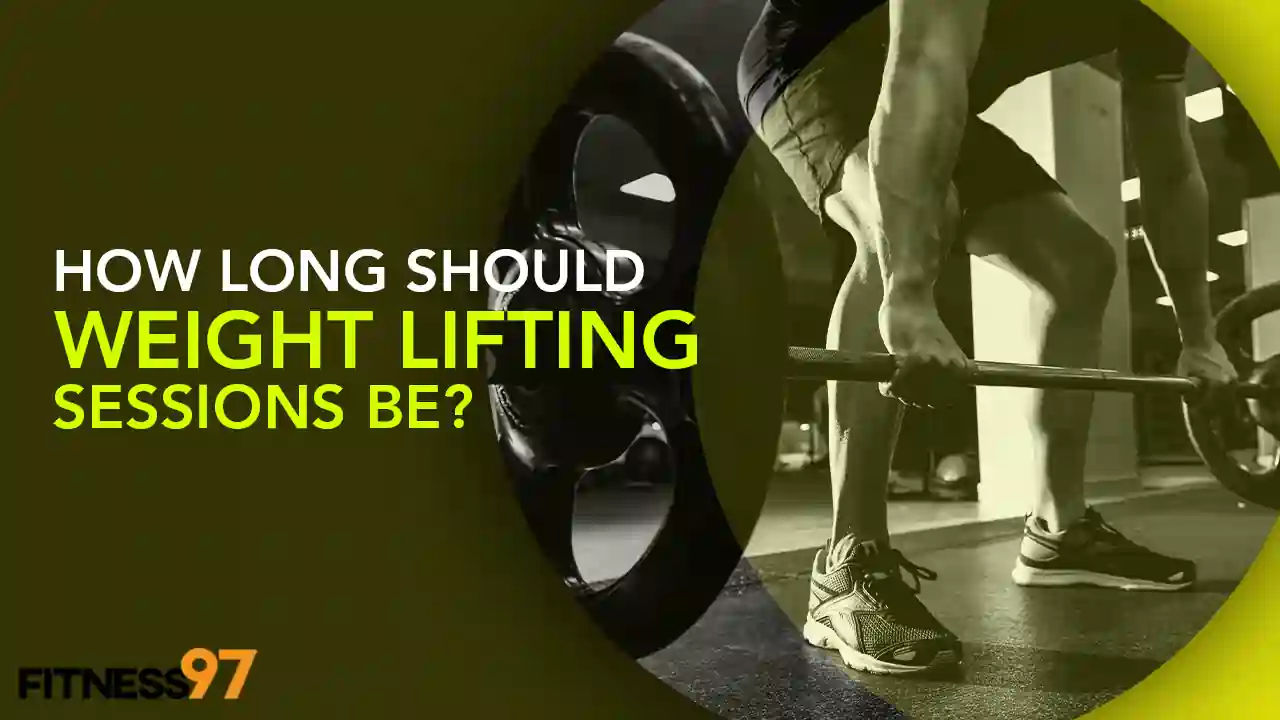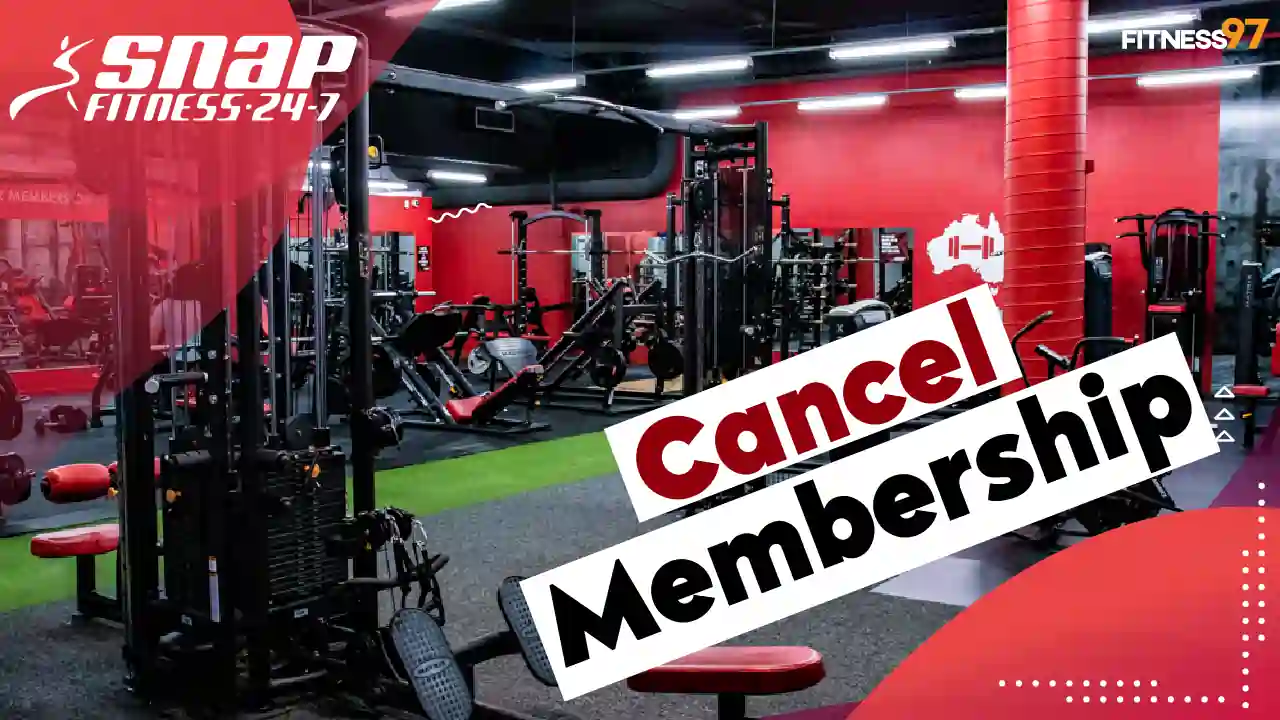In the emerging world of fitness, weight lifting is the foundation of body transformation and strength training that enhances overall well-being. Weightlifting sessions offer a bulk of perks for enthusiasts to build muscles, increase metabolic rate, or enhance the overall strength of the body. But the question that often makes people curious is the time duration necessary for an effective weightlifting session. In this article, we will uncover the optimal duration and the factors that influence the length of weight-lifting sessions.
How Long Should Weight Lifting Sessions Be?
The length of the weight lifting session varies greatly depending upon the goal and experience of a person. However, the general session length for all types of individuals is explained below:
Beginners (0 To 3 Months): It is advisable to start with shorter weight lifting sessions of approximately 30 to 45 minutes, allowing the body to adapt to the new stressors gradually and minimizing the risk of overtraining or injury.
Intermediate (3 To 12 Months): With time, you become more comfortable with your workout routine, therefore extend your weight lifting session from 45 minutes to an hour and incorporate more group muscle exercises.
Advanced (12+ Months): At this stage, you can increase the time duration of the weight lift session from 60 to 90 minutes or even more, depending upon your capacity and capability.
What Factors Influence the Duration of Weight Lifting Sessions?
The duration of a weightlifting session depends upon the following factors:
Fitness Goals: The fitness goal plays a significant role in determining the length of the workout session. For strength gains and power, usually shorter sessions of heavy lifting are preferred whereas for muscle hypertrophy slightly longer sessions with controlled repetitions are recommended.
Intensity: To determine the accurate duration of a weight lifting session, your intensity to do workout matters the most. A high-intensity but shorter workout routine is considered to be an effective way of promoting muscle growth and building strength.
Frequency: Incorporating weight lifting into a normal fitness routine, the frequency of the session will influence the time duration greatly. Shorter sessions might be suitable for higher frequency routines such as full-body workouts whereas longer sessions are reserved for a lower frequency split routine.
Experience Level: It is recommended to start first with shorter sessions to avoid overexertion and injury. As you reach the advanced level gradually extend your workout duration for significant results.
Rest Periods: The length of the rest breaks in between sessions has a big influence on how long your exercise is. Shorter breaks might help you work out more effectively by keeping your heart rate up.
Is a Longer Weight Lift Session Beneficial?
There is a prevailing delusion that spending more time in the gym will give better outcomes. However, this is not true. In fact, the effectiveness of your weightlifting session depends upon your body’s capability, goal, and intensity. Excessively long workouts can lead to muscle fatigue, and overtraining increases the risk of injury; therefore, it is recommended to structure your workout accordingly which will give you the best results.
Conclusion
To determine the ideal duration of your weight-lifting sessions, several factors such as training phase, intensity, and frequency play a significant role. However, on average, the time duration for a weightlifting session lasts between 30 to 90 minutes depending on your goals and objectives. Remember to listen to your body signals, indulge in effective workouts, and adjust your approach accordingly, to achieve your fitness aspirations while staying injury-free and motivated.













